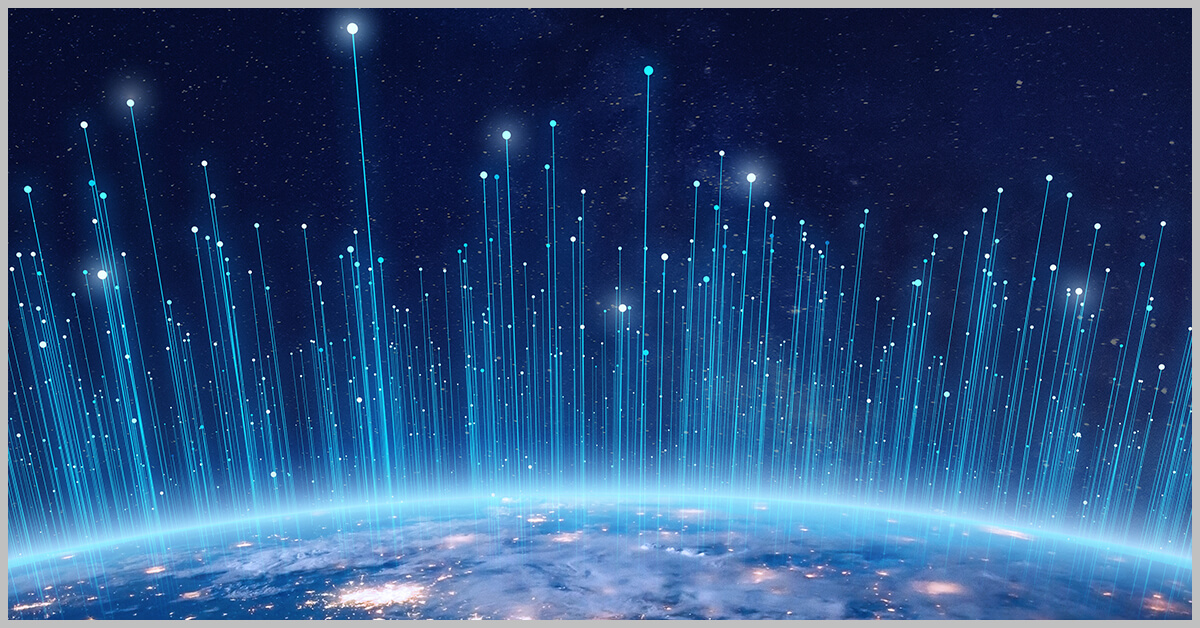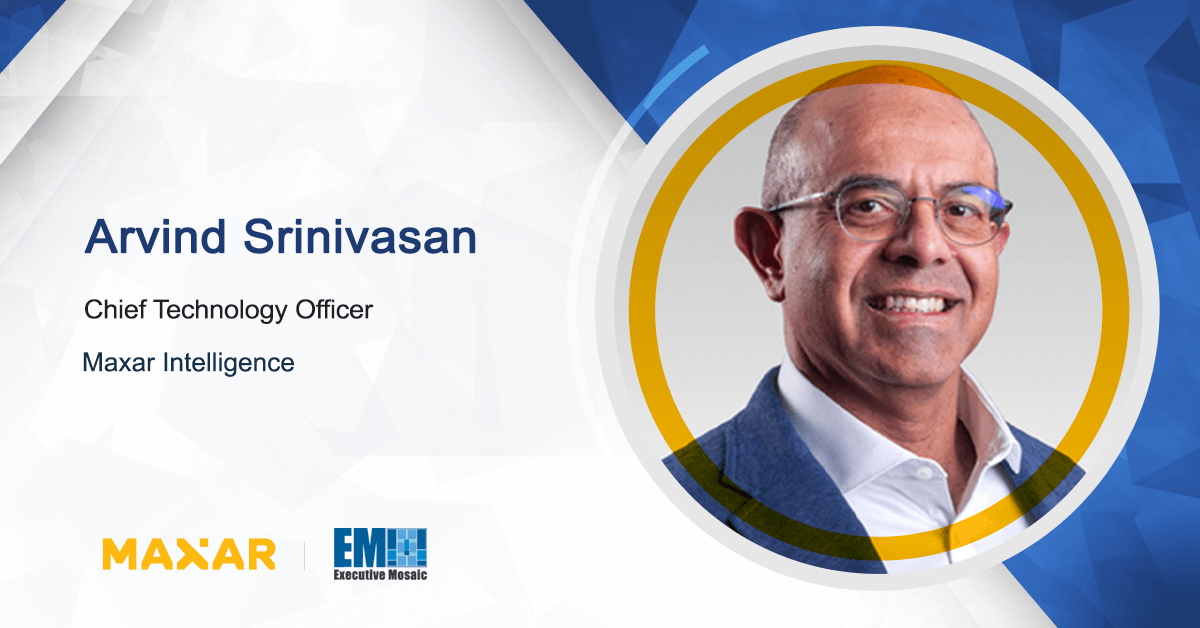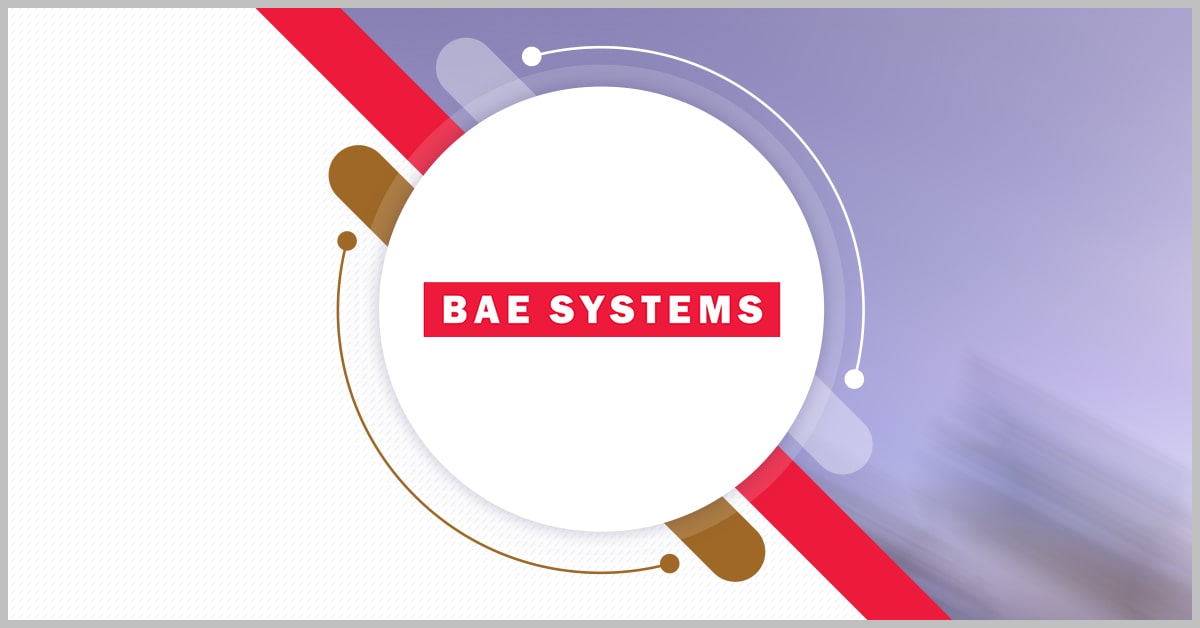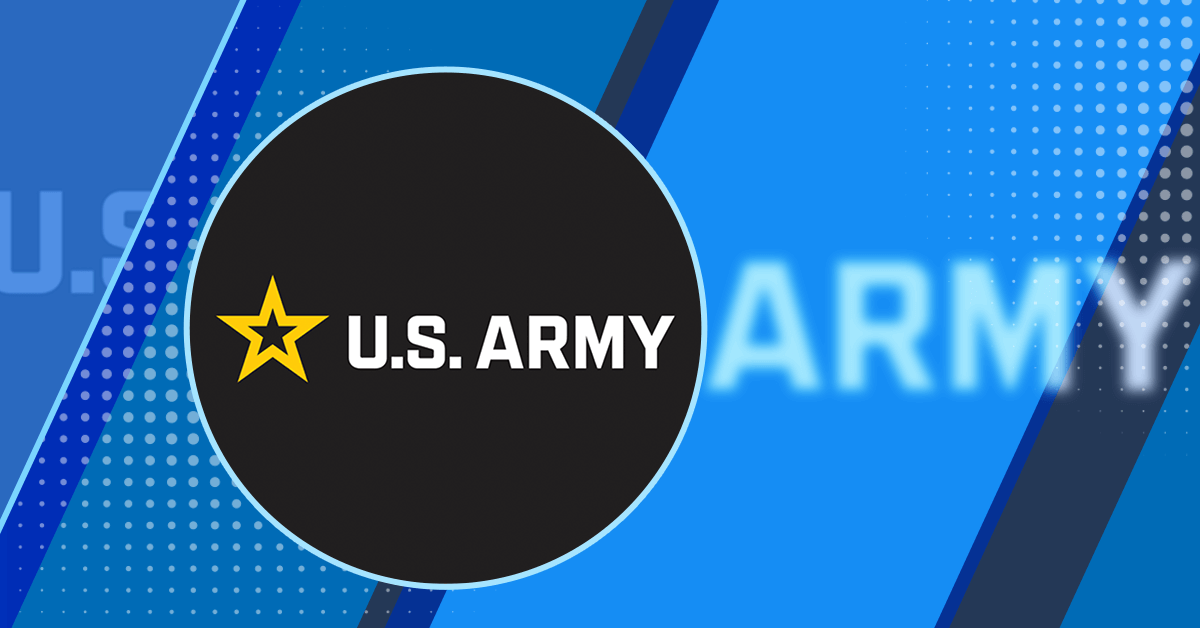In recent years, space has become a warfighting domain as global tensions rise, new threats emerge and the peer competition heats up. Now, more than ever, the ability to collect, process, and understand intelligence from space is critical to gaining and maintaining technological dominance on the global stage.
Under its eighth director, Vice Admiral Frank Whitworth III, the National Geospatial-Intelligence Agency is zeroing in on GEOINT supremacy as its highest priority, and it’s deploying technologies like artificial intelligence, digital twins and automation to achieve it.
Meet and learn from VADM Frank Whitworth III in person at the Potomac Officers Club’s 9th Annual Intel Summit on Sep. 21! You don’t want to miss this chance to be a part of the conversation with the most powerful decision makers, leaders, experts and thought leaders in U.S. intelligence. Register here to secure your spot.
The NGA assumed leadership of the Department of Defense’s landmark AI program, Project Maven, in January 2023. Witworth, a 2023 Wash100 Award winner, said the agency has already made “important strides” and Maven is already “playing an essential role in future military operations.”
“The volume of GEOINT data expands with the proliferation of collection systems, and expansion into the space domain,” he said at the United States Geospatial Intelligence Foundation’s GEOINT Symposium in May. “Artificial intelligence and machine learning are capable of quickly fusing enormous amounts of data from across disparate data sets, and they’ll provide meaningful answers.”
“We’re embracing this new technology, working to automate significant portions of dynamic collection, imagery exploitation and reporting workflows to rapidly exploit data and anticipate activity,” he added.
According to Whitworth, under Maven, the NGA is already working closely with combatant commands to integrate AI into workflows, improve maritime domain awareness and enhance the agency’s ability to search and detect objects of interest.
The NGA is also making AI advancements beyond Maven. Whitworth said the agency is developing AI/ML technologies to model the earth’s gravitational field, filling in key data points where direct collection may be difficult.
Whitworth also revealed that the NGA is seeking to build a digital twin for foundation data of the globe. The agency will build an automated federation of feature-level data that is updated and provided in close to real-time, Whitworth explained.
Meanwhile on Tuesday, Whitworth and other leaders from the DOD and the IC met with and briefed Senators on AI as lawmakers explore what AI legislation and policy might look like.
Hear NGA Director Frank Whitworth, Principal Deputy Director of National Intelligence Dr. Stacey Dixon and Jennifer Ewbank of the CIA speak in person at the POC 9th Annual Intel Summit on Sep. 21. Click here to register.







